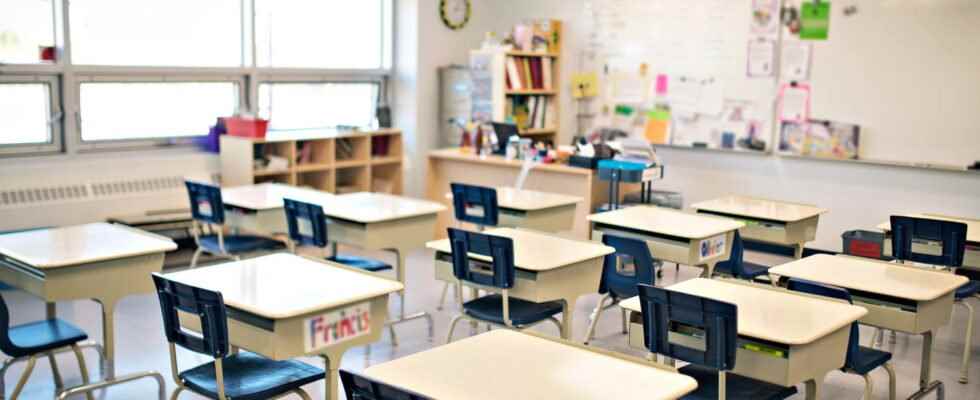In a recent report, the Court of Auditors notes that the majority of teachers’ absences are due to service obligations. It therefore calls for more systematic replacements between colleagues during these absences to offer better pedagogical continuity to the students.
This Thursday, December 2, the Court of Auditors published a report entitled “Management of teacher absences”. She reveals that two thirds of teachers’ absences from college and high school are linked to service obligations. This report follows the visit of around forty schools by financial magistrates over the year 2018-2019, i.e. before the health crisis.
Why are the teachers absent?
Thus, two out of three times, if the teacher is absent, it is not because he is ill, but because he is in training, he must attend an educational meeting, be a member of an examination jury, or because his establishment is closed to host the baccalaureate or patent exams. Although physically absent, the teacher therefore works nonetheless. We then speak of“institutional absences “ because linked to the obligations of National Education.
Colleges and high schools: 2.5 million hours lost and nearly 4 billion euros
According to the findings of the Court of Auditors, approximately 10% of course hours delivered in middle and high school were lost during the 2018-2019 school year. Absences considered to be of short duration (less than 15 days) which nevertheless represent 2.5 million hours. This equates to an increase of 24% from the previous year. Budget side, these absences represent no less than 4 billion euros.
Replacements: how to compensate for the absence of teachers?
Faced with this observation and even though the absences of students and teachers have increased over the past two years due to the health crisis, the Court of Auditors asks the Ministry of National Education to to propose “a real strategy” for “limit” and “compensate for short absences“. The suggestion of the magistrates? Rather than recruiting replacement teachers, allow school heads to encourage more replacements between colleagues within the same college or high school by offering them overtime. And for good reason, as the Court of Auditors explains “the head of the establishment is still also deprived of the means to find replacements apart from the volunteers”. This could therefore induce an obligation for the teacher to accept these replacements if necessary. Likewise, she stresses that the organization of examinations such as educational meetings could be planned so as not to take place systematically during class time. At last, in case of absence, professors could be invited to videotape their lesson so that it is disseminated to students.
